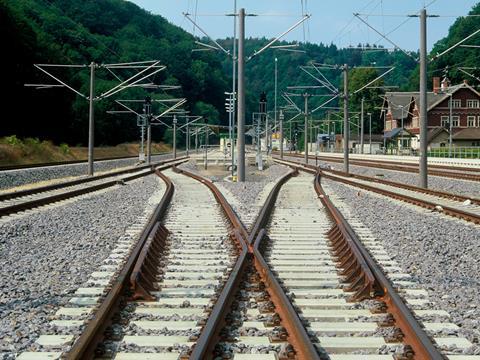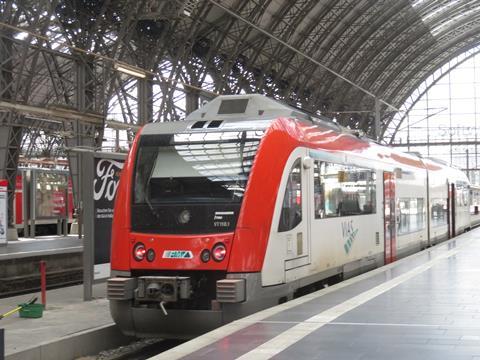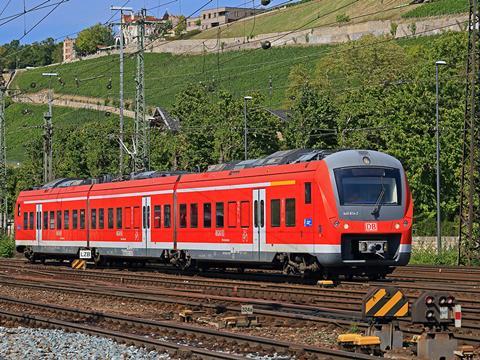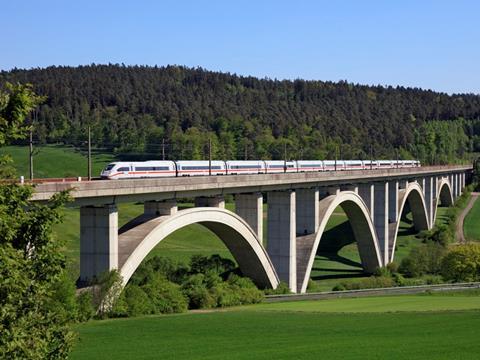
GERMANY: An alliance of industry associations has called for a major reform of railway policy that would introduce full vertical separation of infrastructure and operations and foster more on-rail competition.
In a position paper published on August 2, seven organisations assert that climate change objectives can only be met by switching more traffic to rail. They suggest that this will only be achievable by making fundamental changes from current policy which dates from the government’s railway reform in 1994.

The seven organisations are: the Hauptverband der Deutschen Bauindustrie; the Allrail alliance of New Rail Entrants; ProBahn, the German Association of Rail Passenger Users; the German Locomotive Drivers’ trade union; Mofair, the independent public transport operators association; Netzwerk Europäischer Eisenbahnen the private rail freight operators’ group; and the German consumer rights association Verbraucherzentrale Bundesverband.
The associations recommend that an independent federal railway infrastructure authority should be set up to manage infrastructure ‘for the common good and the nationwide needs of the network’. This would be accompanied by the establishment of a ‘railway fund’ to be used for network maintenance and enhancements. It would need to have access to at least €3bn a year for this purpose and have a long-term strategy.
Federal government should focus exclusively on its core tasks of setting policy goals, financing infrastructure and taking responsibility for its supervision and regulation, the alliance says. Holding group structures for the network, stations and power supply should be ‘consigned to the past’.

The alliance accepts that on-rail competition for passenger traffic is already established but demands that the market for long-distance travel be further opened up in conjunction with the introduction of the planned regular-interval Deutschlandtakt timetable. The freight market, the associations contend, has been distorted by the ‘continuously growing deficits of the federally-owned freight operator’, which relies on capital injections by the government and internal transfers of monopoly profits.

The call for separation of infrastructure and operations echoes a report published on July 21 by Germany’s Monopolies Commission which called for numerous changes to railway competition policy and the development of the Deutschlandtakt project so as to ensure on-rail competition. Among other proposed changes are a different structure for track access fees and the use of a tender or concession-based model for long-distance passenger services, overseen by a neutral regulatory body.

















